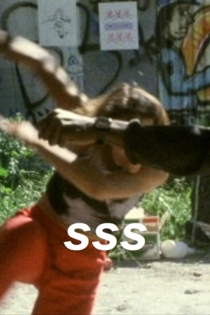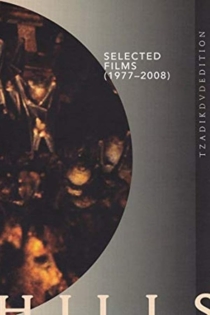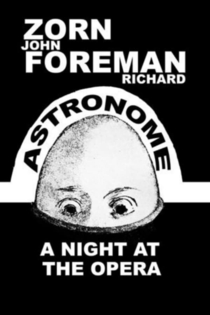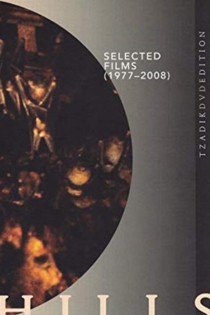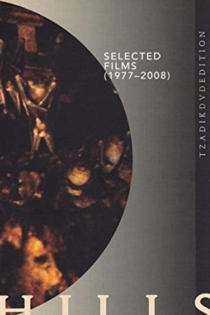
Henry Hills
2021Jack Smith and the Destruction of Atlantis
Mary Jordan
Jack Smith, Nayland Blake
In this entrancing documentary on performance artist, photographer and underground filmmaker Jack Smith, photographs and rare clips of Smith's performances and films punctuate interviews with artists, critics, friends and foes to create an engaging portrait of the artist. Widely known for his banned queer erotica film Flaming Creatures, Smith was an innovator and firebrand who influenced artists such as Andy Warhol and John Waters.
Jack Smith and the Destruction of Atlantis
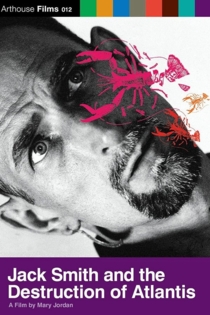
Mechanics Of The Brain
Henry Hills
MECHANICS OF THE BRAIN is an experimental film in the form of a scientific documentary. A "remake" of the documentary film of the same name by Poudovkin (1926) on the work of Pavlov. Mechanics of the Brain presents 25 vignettes in 21 minutes, with an original soundtrack by John Zorn.
Mechanics Of The Brain
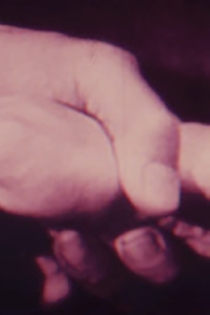
The Genius
Emily Breer, Joe Gibbons
Joe Gibbons, Karen Finley
A ramshackle underground SF satire set and shot in the self-absorbed art world of lower Manhattan, written, produced, and directed by Joe Gibbons, who also plays one of the lead parts. Gibbons plays a mad scientist who's developed a technique for transferring personalities from one person's body to another; he becomes obsessed with an outlaw artist (played by performance artist Karen Finley) who destroys paintings in various galleries as a form of anarchist, anticapitalist protest.
The Genius
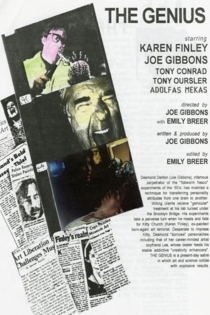
Emma's Dilemma
Henry Hills
Emma Bee Bernstein, Carolee Schneemann
Henry Hills’s Emma’s Dilemma reinvents the portrait for the age of digital reproduction. In a set of tour-de-force probes into the images and essences of such downtown luminaries as Richard Foreman, Ken Jacobs, and Carolee Schneemann, Hills’s cinematic inventions literally turn the screen upside down and inside out. In this epic journey into the picaresque, we follow Emma Bee Bernstein, our intrepid protagonist, from her pre-teen innocence to her late teen-attitude, as she learns about the downtown art scene firsthand. In the process, Hills reimagines the art of video in a style that achieves the density, complexity, and visual richness of his greatest films.
Emma's Dilemma
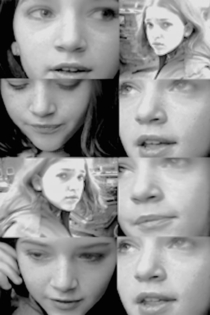
Money
Henry Hills
Tom Cora, Christian Marclay
Money (1985) is an historical document of the early days of "language poetry" and the downtown improvised music scene. A manic collage film from the mid-80s when it still seemed that Reaganism of the soul could be defeated. Filmed primarily on the streets of Manhattan for the ambient sounds and movements and occasional pedestrian interaction to create a rich tapestry of swirling colors and juxtaposed architectural spaces in deep focus and present the intense urban overflowing energy that is experience living here. Money is thematically centered around a discussion of economic problems facing avant-garde artists. Discussion, however, is fragmented into words and phrases and reassembled into writing. Musical and movement phrases are woven through this conversation to create an almost operatic composition. Give me money!
Money

The Tree
Henry Hills
The tree here is an ancient American Elm standing in Tompkins Square Park in New York. It’s named 'The Hare Krishna Tree' because an Indian spiritual leader founded the International Society for Krishna Consciousness nearby. Meticulously edited, frame by frame, the tree comes to life, more than 40 years after the images were shot.
The Tree
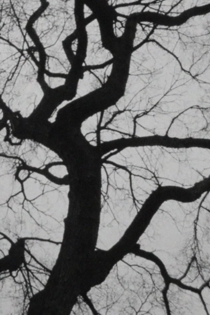
Electricity
Henry Hills
A Bohemian architectural dance film with an edge. The inner city landscape of Prague, its beautifully integrated accretion of structures, 1000 years history repressed but un-bombed, is viewed through the rhomboidal electricity-catchers on the tops of its moving trams. Trams define the rhythm of the city, & so their looped noises define the rhythm of this film. As contrapuntal fixed point, the Zizkov Tower--built by the Soviets for signal-jamming broadcasts from the West & looking like an about-to-launch ICBM--is accompanied by actual Cold War shortwave spy broadcasts.
Electricity

Porter Springs 4
Henry Hills
A “remake” of my first film, Porter Springs 4 (1999) is composed from footage shot over 20 years (reversal, negative, 8 mm, super-8, 8mm video, mini-DV, & old photos), with an audio track composed from the video sync, ambient recordings, and a tape I made in highschool of my uncle telling stories and playing piano & of selections from his record collection that we listened to on family vacation in my childhood. My father growing old & feeble, my only footage of my dead sister and grandmother (Gonga) and of my log cabin (the Bug House) which was struck by lightning and burned to the ground in 1990, memories of my two ex’s, eternal nature, endless walks in the woods, building my new cabin and dream time there, the rotting boathouse, and various typical family scenes, assembled and presented in the rhythms of my mind and body. (Henry Hills)
Porter Springs 4
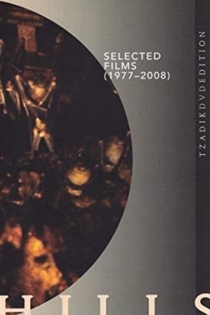
Gotham
Henry Hills
Gotham is a music video commissioned by Elektra Records to the Naked City song “Batman”. Naked City is John Zorn (alto), Bill Frisell (guitar), Wayne Horvitz (keyboards), Fred Frith (bass), Joey Baron (drums), and Yamatsuka Eye (vocals). Taking the band’s name and first album cover as a clue, I drew heavily on themes in WeeGee’s photographs (his major collection, Naked City, inspired the title of Jules Dassin’s great 50’s film noir classic which inspired the TV show of the same name, of which I obtained and employed a portion of an episode), recreating many of his pictures in their actual Lower East Side/Little Italy locations (a rare home movie shot of WeeGee--smoking a cigar--is also included.)
Gotham
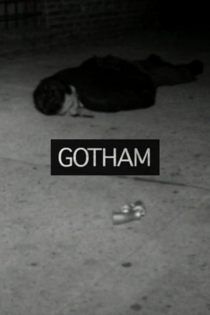
Arcana
Henry Hills
A globally composed, musically arranged montage-round: so Henry Hills’s arcana appears to be, a fulminant 30-minute cut-up epic that takes footage – both found and shot by the filmmaker – and crosses it in an almost arithmetic manner with a pre-arranged soundtrack. The basis is a written film treatment of the musician John Zorn, in which 254 scenes, bundled into 15 sequences, are captured in short, sometimes cryptic descriptions. Hills, very much in the style of a Harry Smith or Bruce Conner, has collected takes of radically differing origin for each of the 254 script directions and funneled them into a complexly ramified stream of associations. The sequence of scenes is underscored, or rather, interlocked, with pieces from the John Zorn composition The Bribe (1986), a musical tribute to crime fiction writer Mickey Spillane.
Arcana

Little Lieutenant
Sally Silvers, Henry Hills
Cydney Wilkes, Toby Vann
Little Lieutenant is a look back at the late Weimar era with its struggles and celebrations leading up to world war, a period piece. Scored to John Zorn's arrangement of the Kurt Weill song, "Little Lieutenant of the Loving God", and drawing its imagery both from the original song and its somewhat idiosyncratic rearrangement, the film presents an internal reading of Silvers' solo scored to the same musical piece, "Along the Skid Mark of Recorded History".
Little Lieutenant
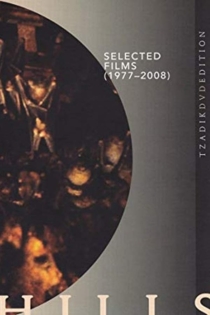
SSS
Henry Hills
Lee Katz, Harry Shepperd
SSS is composed from footage of movement improvised on the streets of pre-gentrified East Village by Sally Silvers, Pooh Kaye, Harry Shepperd, Lee Katz, Kumiko Kimoto, David Zambrano, Ginger Gillespie, Mark Dendy, and others, painstaking synched to music previously improvised for the project at Noise New York by Tom Cora (cello), Christian Marclay (turntables), and Zeena Parkins (harp). Beauty emerging from rubble. (Henry Hills)
SSS
